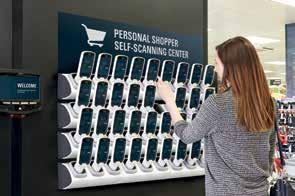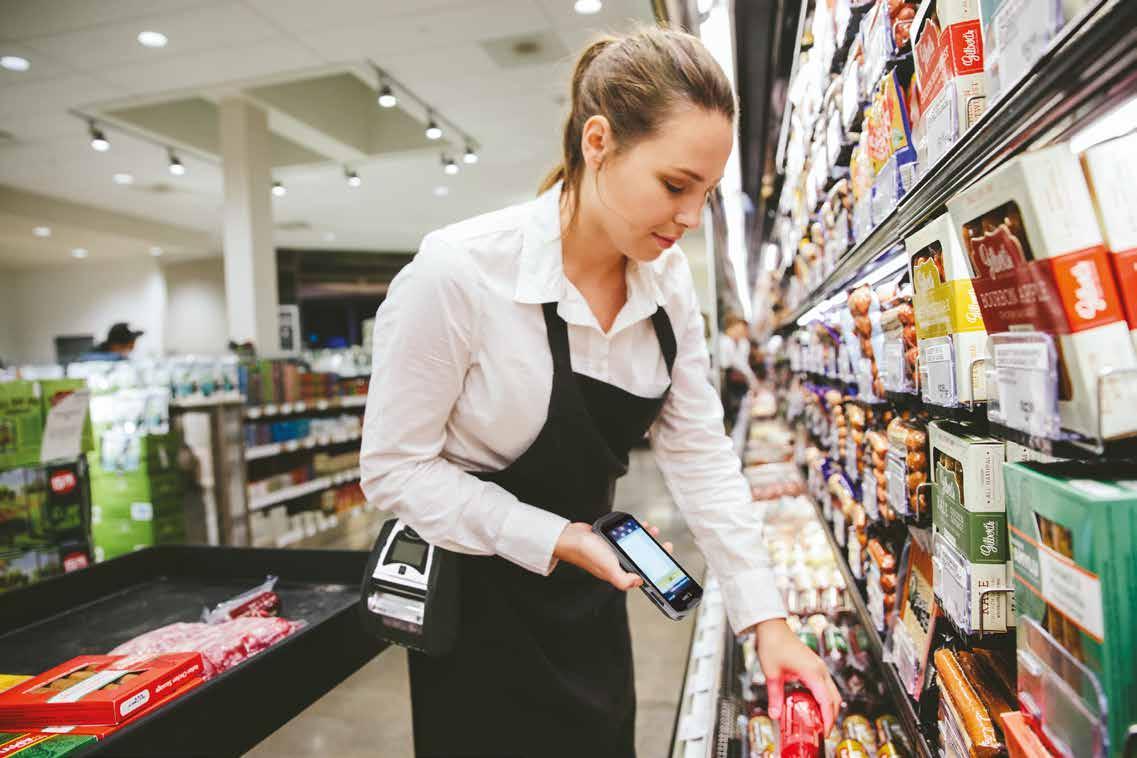
2 minute read
Can Retailers Meet Shopper Expectations During Festive Shopping Spree?
By George Pepes, APAC Vertical Solutions Lead, Healthcare and Retail, Zebra Technologies
uring the festive seasons, D the pace and pattern of life changes for many people around the world. This includes shopping habits – whether buying in-store or online for groceries, clothes, gifts or travel. Festive seasons are an important trading period in the year for most Malaysian retailers, but also challenging due to the high concentration of shopping activity.
Research by Criteo revealed that online retail sales in Malaysia are set to boom in the lead up to and during these periods. In fact, it has experienced up to 57 per cent uplift in online retail sales previously.
Retail surge increases pressure to meet shoppers’ rising expectations for more of a personalised shopping experience in-store and online, while the supply chain and front-line store associates must also manage these increases in demand. The on-demand economy is creating higher shopper expectations, consequently adding more strain on retailers during festive seasons. The ‘always-connected’ consumer has higher expectations than ever before. These include wanting the latest buying and shipping options, faster delivery and seamless online experience.
TECHNOLOGY CAN HELP
Zebra’s 2020 APAC Shopper Study shows that 86 per cent of surveyed millennial shoppers and 56 per cent of Gen X shoppers indicated they shopped in a store and left without a purchase only to end up buying the item online, compared to only 25 per cent of Boomers. Shoppers indicate out-of-stock items as the top reason for leaving without a purchase.

Retailers are working hard to implement the advancements shoppers have come to expect from the online shopping experience. A majority (63 per cent) of shoppers believe that associates using handheld computers with builtin scanners can improve the shopping experience. Nearly half of associates report in-store mobile devices help them provide a better shopping experience by enabling them to find correct prices (48 per cent), answer questions (46 per cent) and save shoppers’ time (42 per cent).
MANAGING RETURNS
Meanwhile, e-commerce has created a new retail reality in which consumers expect unlimited returns. The returns experience continues to remain a source of shopper discontent and represents a perception gap between retailers and shoppers. According to our study, retail executives believe that 80 per cent of shoppers are satisfied with returns, but only 57 percent truly are.
In fact, the growth of e-commerce has also led to an increase in global returns volume totalling US$400 billion to US$1.8 trillion driving higher retailer costs. To adjust, nearly half of retailers (48 per cent) already offer free return shipping and an additional 27 per cent had planned to offer this in 2019. Returns are an opportunity for improvement for retailers: less than one-quarter of decision-makers (22 per cent) said their organisations are highly experienced in managing returns.
There is no doubt that the increased consumer demands and complexity of omnichannel retailing has made the supply chain more challenging than ever. Combined with huge demand peaks during festive seasons, retailers and logistics firms can use technology to address the increasing expectations that are only expected to grow.
For more information on Zebra’s retail solutions, visit zebra.com/retail













